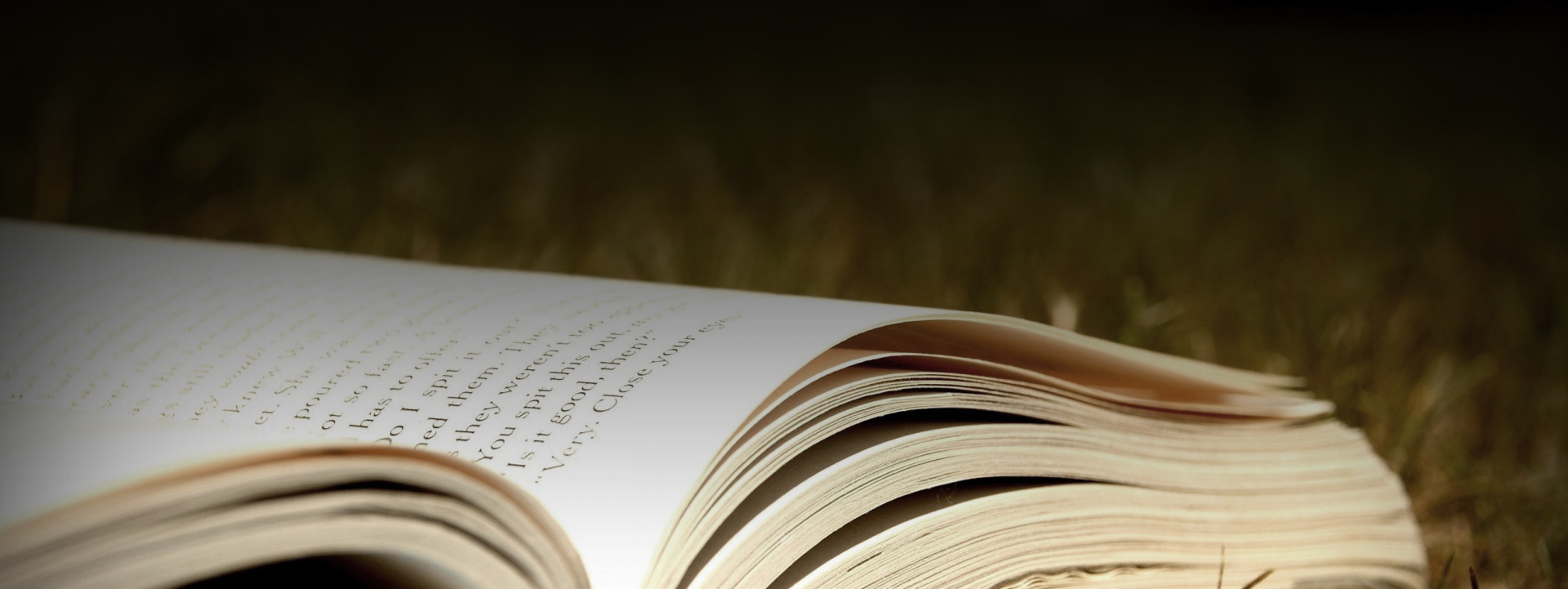
Mulmaram
Mulmaram
(Tree of Thorns)
R enowned critic Dr. K. M. Tharakan praises Mulmaram (The Thorny Tree 1976), Varkey's important novel, as the ‘story of a man, a village and an epoch in the history of Kerala… It makes a bold attempt to delineate the development of modern consciousness in a self-conscious rustic character that has no moorings either in his class or community. Light is therefore focused on Kunjachen, the main character of the novel, who is for all intents and purposes destined to be a Keralite rebel.’ Indian Express.
Review
Mulmaram is the story of a man, a village and an epoch in the history of Kerala. It begins in the first decades of the 20th century when the country was under British rule and extends up to the late fifties. The novelist depicts the tendencies of the period through a vivid portrayal of a representative village community. He finds significance in the evolution of our community from the period of feudalism and slavery to an era of freedom and democracy: the utmost that the country has gained is only secular ideology, which often involves a repudiation of many traditional values.
The dissipation of village communities and the evolution of the modern cities with its attendant problems of urbanisation, leading to both dehumanisation and alienation have been the main theme of our modern novelists. The author of Mulmaram makes a bold attempt to delineate the development of modern consciousness in a self-conscious rustic character that has no moorings either in his class or community. Light is therefore focussed on Kunjachen, the main character of the novel, who is for all intents and purposes destined to be a Keralite rebel.
The main problem faced by the novelist is to make this symbol of Western origin quite convincing and credible in the Indian traditional set up which is rapidly shaken in the wake of industrialisation and urbanisation. Kunjachen impresses us as the natural expression of the rebellion of a rustic consciousness long suppressed by superstition, conventions and taboos. Kunjachen is boorish and illiterate.
Kunjachen’s chief assets are his innate sense of loyalty to certain selected people and ideas which are not based on any sense of idealism; his indomitable instinct is to rebel against everything that affronts his sensibility and his capacity to meet the consequences of his own actions. One may not discern in these the revolt of the modern alienated consciousness. At best one can find in Kunjachen only a faint trace of the human beast of Emil Zola or animality of the primitive advocated by Rousseau or Lawrence.
The dominant passion with him is not as much to oppose all that is evil and corrupt as to indulge in his primitive impulses. Not only does Kunjachen manhandle the parish priest, but kicks his father, rapes his daughter-in-law and has illicit relation with any woman who is easily accessible. He doesn’t hesitate to support the oppressor against the oppressed. One doesn’t find in Kunjachen any conscious determination to liquidate the existing order or to create a new one; nor is he a rebel, since his revolt is not an irrepressible urge to rebel against any dehumanising force.
He is left as the symbol of the violence of a primitive mind struggling hard to free itself from the shackles of an outmoded value structure. One wishes that the novelist had portrayed him as that and that alone. But Kunjachen deteriorates into a brooding introvert who finds no relevance to the heroic struggle in the course of perilous existence. Here is a venture to synthesise the impulses of a primitive heart with the sensibility of modern exile; and this proves to be disastrous. Yet it is bold venture; as an experiment it deserves our study and appreciation.
The style of the novelist, and the deftness with which he paints the life of the village, the host of characters who cross and re-cross in the novel, and the minor social issues it raises, may arouse the interest of the reader and entertain him. But the soul of the novel is Kunjachen; as it is in him that the enlightened reader may perceive the tragedy of the modern rustic as well as the dilemma of the modern novelist. "
By Prof. (Dr.) K. M. Tharakan
(Indian Express, December 23, 1986)
Dr. K. M. Tharakan is a former president of the Kerala Sahitya (Literary) Academy and editor of the magazine, ‘Bhashaposhani.’ Dr Tharakan is a renowned critic, essayist and novelist. He is the author of several books on history of Malayalam novel.)
![writer [1]](http://tvvarkey.in/wp-content/uploads/2018/08/writer-1.png)
